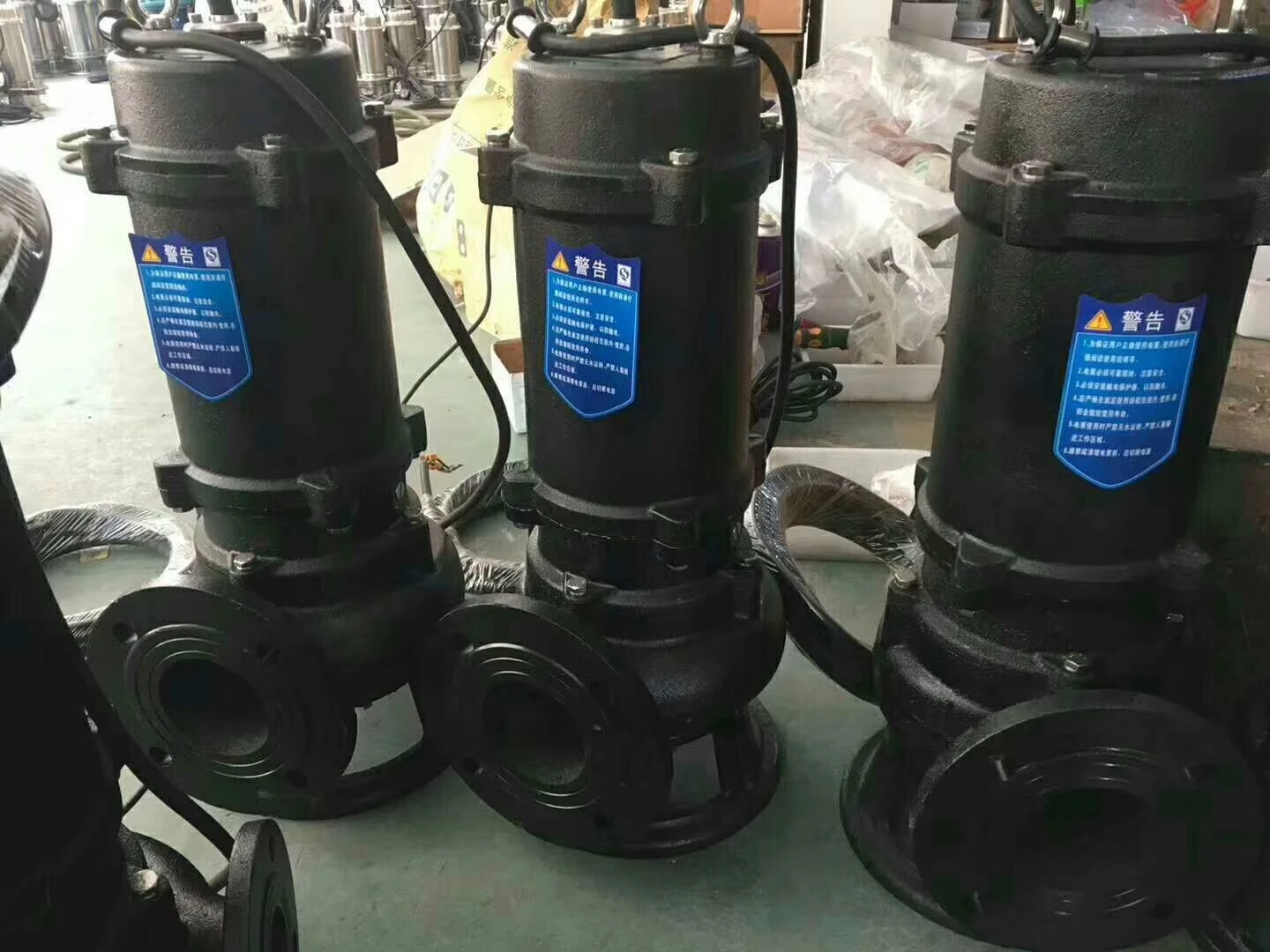English
- Afrikaans
- Albanian
- Amharic
- Arabic
- Armenian
- Azerbaijani
- Basque
- Belarusian
- Bengali
- Bosnian
- Bulgarian
- Catalan
- Cebuano
- Corsican
- Croatian
- Czech
- Danish
- Dutch
- English
- Esperanto
- Estonian
- Finnish
- French
- Frisian
- Galician
- Georgian
- German
- Greek
- Gujarati
- Haitian Creole
- hausa
- hawaiian
- Hebrew
- Hindi
- Miao
- Hungarian
- Icelandic
- igbo
- Indonesian
- irish
- Italian
- Japanese
- Javanese
- Kannada
- kazakh
- Khmer
- Rwandese
- Korean
- Kurdish
- Kyrgyz
- Lao
- Latin
- Latvian
- Lithuanian
- Luxembourgish
- Macedonian
- Malgashi
- Malay
- Malayalam
- Maltese
- Maori
- Marathi
- Mongolian
- Myanmar
- Nepali
- Norwegian
- Norwegian
- Occitan
- Pashto
- Persian
- Polish
- Portuguese
- Punjabi
- Romanian
- Russian
- Samoan
- Scottish Gaelic
- Serbian
- Sesotho
- Shona
- Sindhi
- Sinhala
- Slovak
- Slovenian
- Somali
- Spanish
- Sundanese
- Swahili
- Swedish
- Tagalog
- Tajik
- Tamil
- Tatar
- Telugu
- Thai
- Turkish
- Turkmen
- Ukrainian
- Urdu
- Uighur
- Uzbek
- Vietnamese
- Welsh
- Bantu
- Yiddish
- Yoruba
- Zulu
Telephone: +86 13120555503
Email: frank@cypump.com
Nov . 15, 2024 18:09 Back to list
sewage pump
Understanding Sewage Pumps An Essential Component for Wastewater Management
Sewage pumps play a critical role in modern wastewater management systems. Responsible for transporting wastewater and sewage from lower to higher elevations, these pumps are essential for preventing the accumulation of sewage in residential, commercial, and industrial areas. This article explores the importance, types, and maintenance of sewage pumps, providing insight into their operation and the vital role they play in preserving public health and the environment.
Importance of Sewage Pumps
The primary function of a sewage pump is to move wastewater and sewage away from buildings and toward treatment facilities or septic systems. In urban areas, where buildings are often constructed below the level of municipal sewer lines, sewage pumps are necessary to lift the waste to the appropriate height for gravity disposal. Without these pumps, wastewater could stagnate, leading to environmental hazards, unpleasant odors, and health risks from pathogens.
Furthermore, sewage pumps are particularly vital in places where traditional gravity drainage is not feasible, such as in basements or low-lying properties. By effectively managing waste, they help ensure that communities remain clean and livable.
Types of Sewage Pumps
Sewage pumps come in several types, each designed for specific applications. The most common types include
1. Submersible Sewage Pumps These pumps are designed to operate underwater and are typically used in applications where the pump needs to be installed within a sewage pit. They are efficient and capable of handling solids and debris due to their powerful motor and impeller design.
sewage pump

2. Effluent Pumps Unlike sewage pumps, effluent pumps are used for moving liquid waste after it has been partially treated. They are suitable for applications where solids are minimal, such as in leach fields or gray water systems.
3. Siphon Pumps These pumps use the principles of siphoning to move sewage vertically. While less common, they can be effective in specific scenarios where gravity drainage systems are not practical.
Maintenance of Sewage Pumps
Proper maintenance of sewage pumps is crucial for ensuring their reliable operation. Regular inspections should include checking the electrical components, cleaning the pump impellers, and examining the discharge pipes for blockages. It's also essential to monitor the pump's performance and listen for unusual noises that could indicate potential issues.
Homeowners should consider installing a backup power system, such as a generator, to ensure that the sewage pump remains operational during power outages. Additionally, educating all household members on the proper disposal of non-biodegradable materials can help prevent clogs and enhance pump longevity.
Conclusion
Sewage pumps are indispensable in maintaining sanitation and hygiene across urban and rural landscapes alike. By understanding their importance, types, and maintenance needs, homeowners and businesses can ensure the efficient functioning of these systems. As advancements in technology continue to improve pump efficiency and environmental impact, the role of sewage pumps will remain a cornerstone of effective wastewater management in the years to come.
-
ISG Series Vertical Pipeline Pump - Chi Yuan Pumps Co., LTD.|Advanced Hydraulic Design&Energy-Efficient Solutions
NewsJul.30,2025
-
ISG Series Vertical Pipeline Pump - Chi Yuan Pumps Co., LTD.
NewsJul.30,2025
-
ISG Series Vertical Pipeline Pump - Chi Yuan Pumps Co., LTD.|energy-efficient fluid handling&industrial durability
NewsJul.30,2025
-
ISG Series Vertical Pipeline Pump - Chi Yuan Pumps | Advanced Engineering&Industrial Efficiency
NewsJul.30,2025
-
ISG Series Pipeline Pump - Chi Yuan Pumps | High Efficiency, Energy Saving
NewsJul.30,2025
-
ISG Series Vertical Pipeline Pump-Chi Yuan Pumps|High Efficiency&Reliable Performance
NewsJul.29,2025










